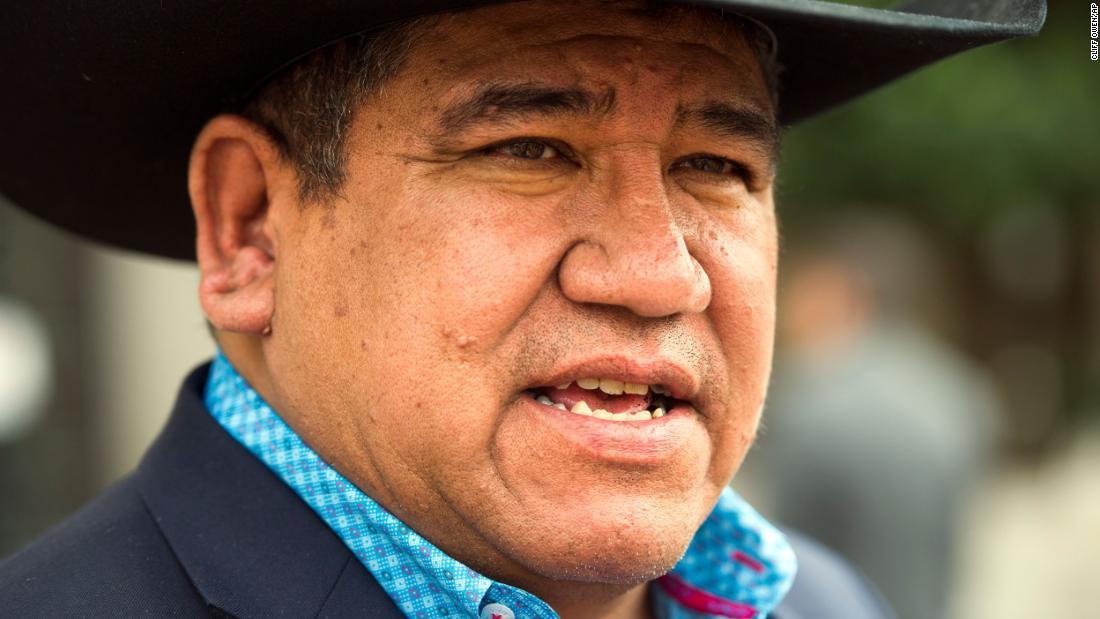
His office released a Sunday update clarifying the request: “Checkpoints on state and US highways are invalid, and if they do not go down, the state will take the matter to the Federal court, as Governor Noem noted in his Friday letter.”
Sioux Cheyenne River Chief Harold Frazier told CNN that the main purpose of the checkpoint created by the tribe was to monitor and try to track the corona virus if it had to come to the tribal land.
“We want to make sure that people who come from ‘hot spots’ or areas that are very infected, we ask them to get around on our land,” Frazier said.
When asked about Noem’s request that the tribe lower the checkpoints because they “disrupt traffic arrangements in the US and state highways,” Frazier said that they would remain there.
“With the lack of resources we have medically, this is the best tool we have at the moment trying to prevent [the spread of Covid-19]”Frazier told CNN. Frazier said that reservations were not equipped to deal with the coronavirus outbreak and added that,” the closest health care, critical care is three hours from where we live. “
Frazier said that the Sioux Cheyenne River Tribe only operates an eight-bed facility on reservations and there is no intensive care unit (ICU) for 12,000 people who live in reservations.
The governor said: ‘very clearly it is against the law’
The memorandum states that tribes “can limit the use of roads or close” roads owned by tribes temporarily without first consulting the Home Secretary or private landowners in conditions involving “direct safety or life-threatening situations,” such as pandemics .
But it is said that tribes can only limit access to roads owned by others such as the state government “on behalf of the affected road owner after the tribe has consulted and reached an agreement that addresses the parameters of temporary road closure or restrictions.”
Seidel said no consultation had been carried out and no agreement was reached, saying “the memorandum made it very clear that it violated the traffic flow laws on these roads.”
In a Friday letter, Noem said, “We are the strongest when we work together; this includes our battle against Covid-19.”
‘Save lives rather than save faces’
Frazier said in a news release Friday that while he agreed it was important to work together, “you continue to interfere in our efforts to do what science dictates and facts seriously damage our ability to protect everyone in the reservation.”
“Stupid statements and fiery rhetoric encourage individuals who are already under pressure from this situation to take irrational actions,” he said. “We invite you to join us in protecting the lives of our people and those who live on this reservation. I regret to decline your request.”
The purpose of the tribal action, said Frazier, was to “save lives rather than save face.”
CNN has also contacted the Oglala Sioux Tribe to comment but has not received a response.
Checkpoint policy
South Dakota residents who don’t live in reservations are only allowed there if they don’t come from the hotspot and that’s for important activities. But they also have to fill out health questionnaires.
Those who come from South Dakota hotspots or from outside the state cannot come to the reservation except for important activities – but they must obtain a travel permit available on the tribal website.
The two tribes have also issued strict orders and curfews for their communities. Noem has not yet issued an order to stay home for the country.

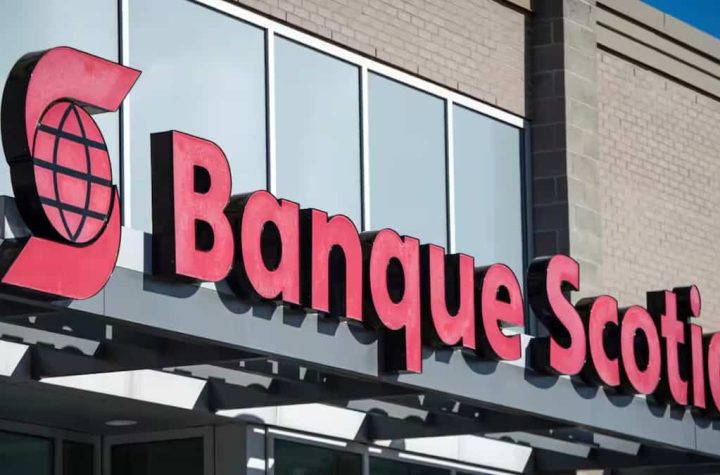
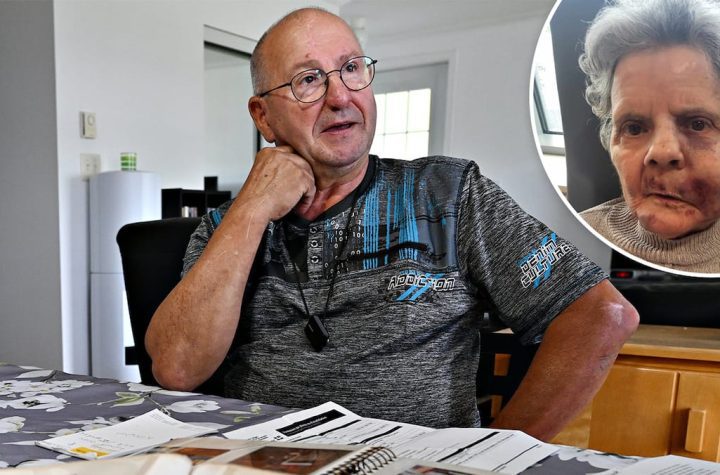
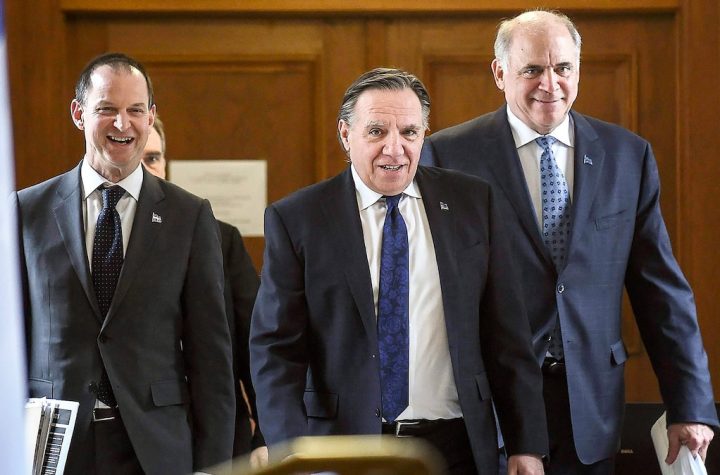
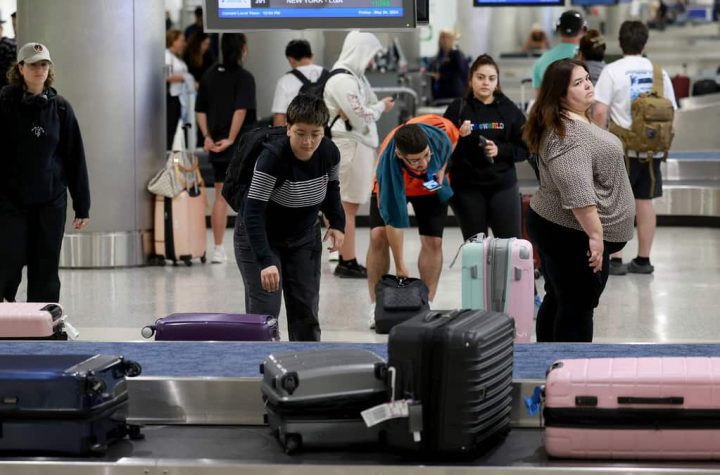
More Stories
Buy Instagram Followers and Likes: A Detailed Review of InsFollowPro.com
Things to Consider When Going with Sliding Patio for Backyard
Where to Start Automation. Monitor Stands